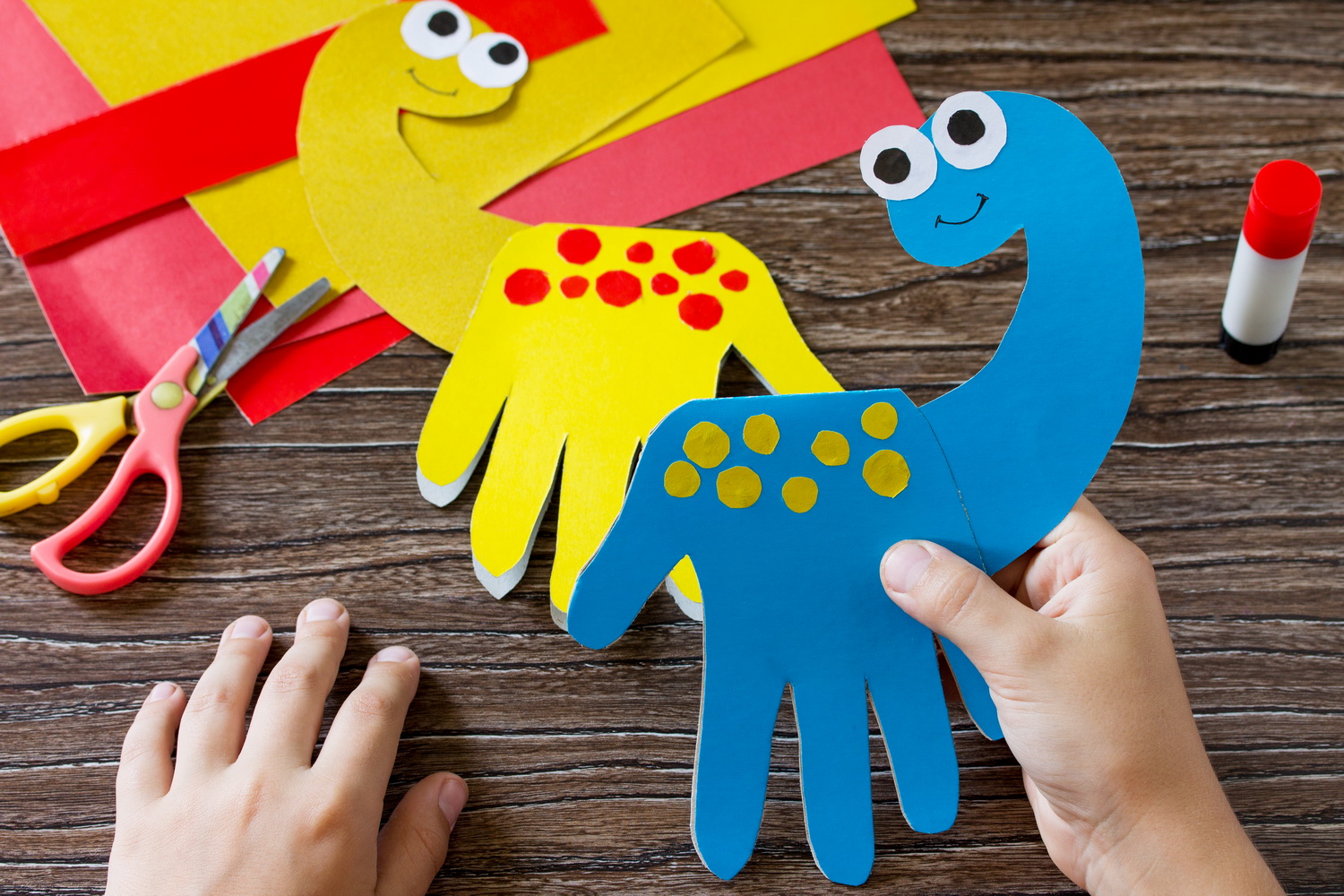Managing Stress and Avoiding Teacher Burnout in the Age of Coronavirus: Part I
Sept. 14, 2020

2020 is a tough year to be a teacher. Since the pandemic shut schools last March, educators have been engaged in an uphill battle to change almost everything about their job. From transforming lesson plans and assignments into something that can be done online, to attending countless teacher training sessions and learning new apps with lightning speed, it’s easy to understand why many are calling it quits!
But for every educator who turns in their resignation, many more are doubling down to face one of the toughest years yet. For those who find themselves struggling in the face of adapting to the new pressures of teaching face to face, online, or even both, it’s important to find ways to avoid the inevitable burnout caused from never-ending stress. After all, our teachers are doing more than ever, sometimes working hours late into the night to record lessons and communicate with students they may have never even have met in person.
If you’re an educator who can relate with the sentiment above, this article is for you. Below we’ll take a look at steps educators could take for managing the stress and avoiding teacher burnout.
Try to leave work at work
One way to manage teacher stress is to leave your work at school. This may seem easier said than done, but as an educator, it’s important to realize that there will always be work left to complete. Whether it’s grading, lesson planning, paperwork, or professional development modules, there’s always something to do. For that reason, each morning, accept the notion that you simply will not get it all done, and that’s perfectly okay.
Instead, create boundaries for yourself. Close out of your work email app and inform parents and students that you will not respond to messages after a certain time. Most importantly, follow through with this plan! While avoiding evening work may not always be an option, it is possible to cut out unnecessary tasks.
Make a self-care calendar and stick to it!
Let’s face it: stress management in the teaching profession has never been easy. But given the job that educators have been asked to do this year, they might need new strategies or reminders to give themselves a break. Making a self-care calendar in one easy idea that teachers can use to commit to their own mental health!
First, find a calendar template or take out your monthly planner. For each day of the month, commit to one small act of self-care. Each day it could be something tiny, but it must be something you enjoy. For instance, if you enjoy taking a walk during sunset, but can’t do this every day, mark a day down on your calendar to enjoy it at least once this month. Some other ideas may include treating yourself to a warm bath, watching the clouds or rain, or preparing meals for the week.

Use district-provided resources, such as free counseling, fitness classes, or social events
Some people cope better than others when faced with tough times and hardships. For many, the best way to manage stress and mental health challenges is to seek out professional counseling or group activities. Just like private employers, your school district may partner with a variety companies through your insurance plan or under a partnership. Check with your benefits department to see if you have any of the following available:
- Free counseling services or hotline: Employers often will offer a set amount of appointments with approved vendors or providers, sometimes at a reduced rate or for free! Check with your human resources office to see what benefits may be available to you.
- Fitness classes: Large school districts often host employee-led group fitness classes, many of which may currently be held over a videoconferencing app or done outside where social distancing is possible. Also check to see if your employer offers a discounted membership to a local gym. If all else fails, check with other teachers in your school to see if there are any informal running, walking, or yoga clubs.
- School social events: Does your school have a social committee? If not, it might be time to start one! If so, check to see what social events are planned for the school year. These events might include picnics, virtual happy hours, or outdoor outings.
Take full advantage of what your employer has to offer, and if there aren’t many opportunities through your district, speak with coworkers to see what you can get started!
Set realistic goals
One major problem with goal planning is that some of us tend to plan too much! In the challenging landscape of 2020, it’s probably best to set realistic goals that you can be reasonably certain that you could fulfill.
The same goes for your lesson planning and grading expectations; under the current conditions, plan for only what you know you can accomplish in a set amount of time. For instance, if your virtual classes are shorter than what they ordinarily might be under normal in-person learning, it might be best to manage expectations and shorten lesson plans accordingly.
Don’t burn the midnight oil. Get to bed!
Perhaps the best strategy for stress reduction is simply getting more sleep. Oftentimes teachers are up late into the night grading work, responding to emails, or planning last minute additions to lessons. Instead, prioritize what needs to be done before your next class, and commit to a solid bedtime.
Everyone knows that getting enough sleep is important to our health and mental wellbeing. Encourage yourself to shut your brain off at a certain time. Accept that everything else can wait until morning and get to sleep at a reasonable hour to improve your health and stress level.
Plan for family and friend gatherings, even if they’re virtual
For months, many of us have stayed away from others, including our own family or friends due to the pandemic. It’s not surprising that many people are feeling the fatigue from living life without regular social interaction.
To manage stress levels, don’t forget to plan for social events with your friends and family, even if they end up being virtual. If possible, schedule a social- distanced outdoor event, or simply stay inside host a happy hour, chatting with friends over Zoom. No matter what it is, be sure that you make time for communicating with the people who make you the happiest.

Think of tried and true routines and strategies that can be adapted for online learning
Many teachers are feeling stumped over how to adapt the curriculum and transform in-person lesson plans and activities so that they can be implemented effectively over the web. While there’s no way to make your virtual class run exactly like it does in the classroom, it is possible to reuse many of the same routines and strategies even if your classes are now held over a videoconferencing platform.
For instance, structure your class time much like you would at school. Allow students to complete a “bell ringer” or journal in an online notebook such as Microsoft OneNote and discuss verbally or through the chat function on Zoom or Teams. Offer “exit tickets” as a session debrief by asking kids to post to Padlet or taking a poll on Mentimeter. While tech tools may be new, the strategies, such bell ringers and exit tickets, are not. Think about the structure of your class and see what can be adapted in a similar way online.
Anticipate change
Many school districts are still forming plans as they go, whether it’s from in-person to at-home learning, or vice versa. While some schools across the country are phasing in face-to-face learning, others are shutting down due to local outbreaks. It’s critically important to anticipate that things will change this school year, sometimes from one week to the next!
While all of us crave stability and continuity, it may simply not be in the cards for the 2020-2021 school year. Accept now that things will change, and it can include many considerations, such as whether you’re at home or on campus, or even on-going schedule changes as families change their own decisions about online and in-person learning. Expect and accept it now and keep tabs on your district’s pandemic response plan.
Managing stress during the pandemic hasn’t been easy for anyone, but educators certainly have been asked to do quite a lot this fall. Try the above strategies to avoid teacher burnout and to make your stress load a bit more manageable this fall!











